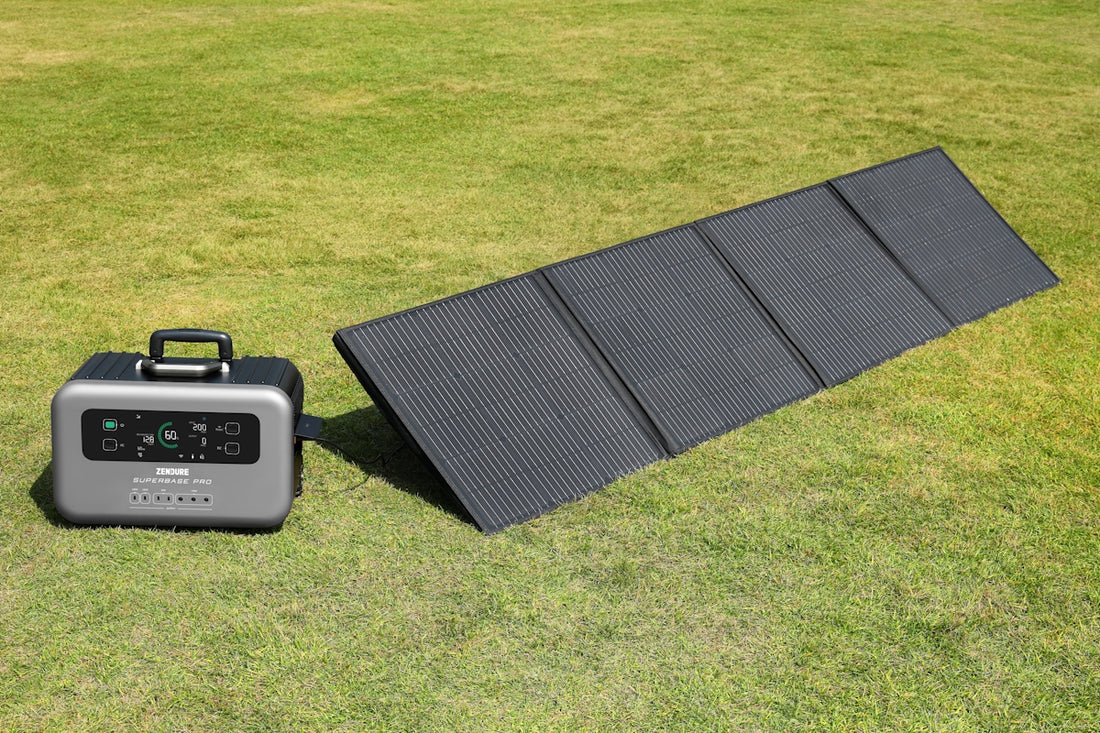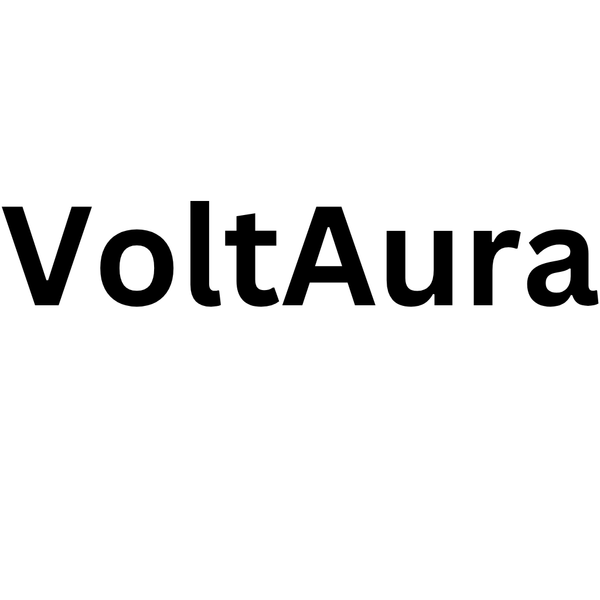
The Ultimate Guide to Choosing Portable Solar Power Generators for Your Home
Share
In today's world, where sustainable and renewable energy is becoming increasingly important, portable solar power generators have emerged as a practical and eco-friendly solution for various energy needs. Whether you're looking to power your off-grid living, RVs, or have an alternative energy source during emergencies, portable solar power generators offer a versatile and efficient option. This comprehensive guide will help you make an informed decision by discussing the essentials of choosing the perfect portable solar power generator for your home.
Understanding Portable Solar Power Generators
Portable solar power generators harness energy from the sun and convert it into electricity. They consist of solar panels, a battery bank, a charge controller, and an inverter, allowing you to store solar energy and convert it into usable electrical power. This makes them ideal for off-grid living, outdoor adventures, and emergency preparedness.
Key Advantages
- Renewable Energy Source: Utilize the sun's energy, reducing dependence on fossil fuels.
- Low Operational Cost: After the initial investment, the ongoing costs are minimal.
- Quiet and Clean: Unlike traditional generators, solar generators operate silently and produce no harmful emissions.
Selecting High-Buying-Intent Keywords
To reach potential buyers keen on purchasing a portable solar power generator, it's essential to focus on low-competition, high-buying-intent keywords such as "solar generators," "portable power stations," and "off-grid living." By targeting these keywords, you can effectively drive traffic from individuals eager to purchase a solar power generator.
Factors to Consider When Choosing a Portable Solar Power Generator
1. Power Capacity
The power capacity of a solar generator is one of the most significant factors to consider. It is typically measured in watt-hours (Wh), which indicates the total amount of energy the device can store. For example, the ECOFLOW Portable Power Station DELTA 2 provides 950Wh/1024Wh, making it suitable for powering multiple devices for an extended period.
- Low Power Needs: If you only need to charge small devices like phones and laptops, a lower capacity generator will suffice.
- High Power Needs: For powering larger devices or multiple appliances, a higher capacity generator like the EcoFlow DELTA Pro 3 – 4000Wh is ideal.
2. Inverter Rating
The inverter rating of a solar generator determines the maximum power output it can deliver at a given time. To choose the right generator, ensure its inverter rating matches or exceeds the cumulative wattage of the devices you plan to power.
3. Battery Type
Portable solar power generators utilize different battery types, each with pros and cons:
- Lithium-ion Batteries: Lightweight and efficient, although usually more expensive.
- LiFePO4 (LFP) Batteries: Long lifespan and stable performance, as seen in the ECOFLOW Portable Power Station DELTA 2.
- Lead-acid Batteries: Cost-effective but heavier and less efficient.
4. Portability and Weight
Consider the weight and size of the generator, especially if you intend to use it for outdoor activities or RV trips. Look for portable designs with handles or wheels for easy transport.
5. Charging Options and Speed
A good solar generator should offer multiple charging options, such as car charging, AC outlets, and solar panels. Additionally, evaluate the charging speed to ensure the generator can recharge quickly when needed.
Planning for Specific Use Cases
Off-Grid Living
For those embracing off-grid living, reliable and sustainable power is crucial. Choose a generator with sufficient capacity to support your daily energy consumption and ensure it can power essential appliances consistently.
RV and Camping Adventures
Portable solar power generators can enhance your RV or camping experience by providing energy without the noise and fumes of traditional generators. Look for flexible, lightweight options that can easily integrate into your travel plans.
Emergency Preparedness
In emergencies, having backup power for communication devices and vital appliances can be life-saving. Opt for a generator with ample storage capacity and quick recharge times to remain connected and secure during power outages.
Maximizing Efficiency and Longevity
Regular Maintenance
To maximize the efficiency and lifespan of your portable solar power generator:
- Keep Solar Panels Clean: Dirt and debris can reduce efficiency.
- Monitor Battery Health: Regularly check and maintain the battery to ensure it operates at optimal capacity.
Smart Usage
- Prioritize Essential Devices: Conserve power by charging only necessary devices during limited sunlight hours.
- Leverage Peak Sunlight: Position solar panels to capture maximum sunlight and reorient them throughout the day.
Conclusion
Choosing the right portable solar power generator for your home involves understanding your specific power needs and evaluating key features like power capacity, inverter rating, and battery type. By focusing on these considerations and targeting the right keywords, you can attract informed buyers actively seeking a reliable, green energy solution.
For detailed information and high-quality products, visit VoltAura.solar.
By implementing the insights from this guide, you can confidently select a portable solar power generator that aligns with your needs, ensuring sustainable energy solutions whether you're living off-grid, embarking on an RV journey, or preparing for emergencies.

